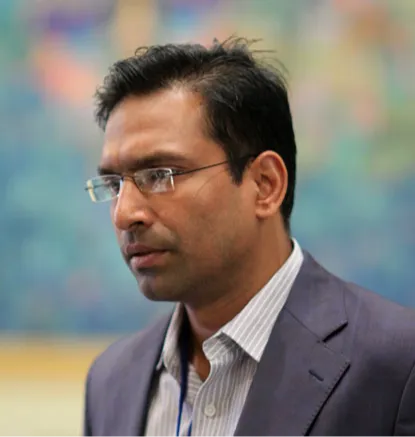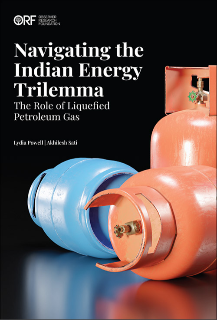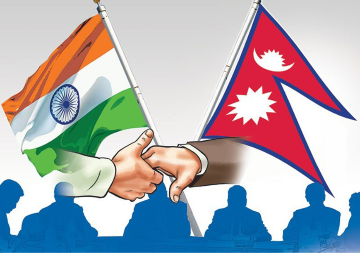The Aam Aadmi Party (AAP) has just launched its campaign for full statehood for Delhi. While the struggle for statehood is as old as the Indian republic, it had never acquired the political tenour that it has now. In the last three years, the AAP government in Delhi has been fighting a pitched battle against the Bharatiya Janata Party -led government at the Centre on its demand for statehood. Not only has AAP drafted a statehood bill and sought public opinion, it has moved the highest court for its intervention.
While there is no harm in aspiring for statehood, a long history of flip-flops by governments of every hue at the Centre suggests that it is like chasing a chimera. When in the opposition, political parties make statehood as their top electoral agenda but take complete U-turn once in power. For instance, the Congress Party, in power both at the Centre and in Delhi between 2004 and 2013, showed no interest in the subject.
As for the BJP, the ‘original’ party for statehood that took trouble to introduce a bill in 2003, it has gone back on its promise under the current leadership.
Globally, Delhi is not an exception. A survey of major national capitals which I undertook shows that with the exception of Tokyo and Berlin, an overwhelming majority of national governments have serious reservations even on granting autonomy, let alone statehood for capital cities. Given that national capitals house critical infrastructure such as parliament, presidential estates, defence and foreign missions, most governments maintain strategic control over the city’s critical services like land and public order. The uncomfortable truth is that central governments lack complete trust in the ability of city governments. Even in Berlin, the most autonomous city-state, the federal government fears that ‘anarchist’ from the far right or extreme left may capture the city-state. For similar reasons, the US Congress has not ceded to the four-decade long demand for statehood to Washington D.C. Curiously, a large section of citizenry in some capital cities like Canberra favours greater integration with the federal government. They fear gaining statehood may end generous state subsidies available for the national capital.
Even so, Delhi is too big a city to be left in the manner that it is now. With a population over 17 million, it leaves all other national capitals (except Tokyo) far behind. According to the latest United Nations projection, Delhi is likely to emerge as world’s largest metropolis by 2035. With a projected population over 43 million, Delhi urban agglomeration will be bigger than many large and medium-sized countries such as Canada and Malaysia. This calls for urgent rethinking on existing governance arrangements in the national capital region. Considering statehood is not a feasible option in the current political climate, the sensible thing that the AAP government can do is to press for genuine autonomy and greater clarity on its functional jurisdictions. This will help it put up a decent show and fulfil the expectations of its electorate.
First, the Delhi government should press for power-sharing in areas that really matter for a city government such as land, law and order and services. It is shocking that an elected government representing a population larger than many Indian states practically has no say in critical matters of land, policing, and transfers and appointments of its own officials. Not even Washington D.C, the most constricted capital territory, has such a limited mandate. Global trend suggests that many national governments apprehensive of sharing power have gradually begun ceding authority to the national capital governments. Delhi is the lone exception.
Second, AAP should fight for a decisive say over the city’s municipal bodies. Delhi is the only capital city where the elected government has no organic link with the municipal body, contrary to global best practices.
Finally, with overlapping and contested jurisdictions, it is imperative to institutionalise dispute resolution as has been adopted by national capitals around the world. The existing system of referring disputes to the President is a flawed one, lacking credibility and invariably favouring the national government. In short, it is time for the Delhi government to get real on statehood and play its cards smartly.
This commentary originally appeared in Hindustan Times
The views expressed above belong to the author(s). ORF research and analyses now available on Telegram! Click here to access our curated content — blogs, longforms and interviews.




 PREV
PREV


